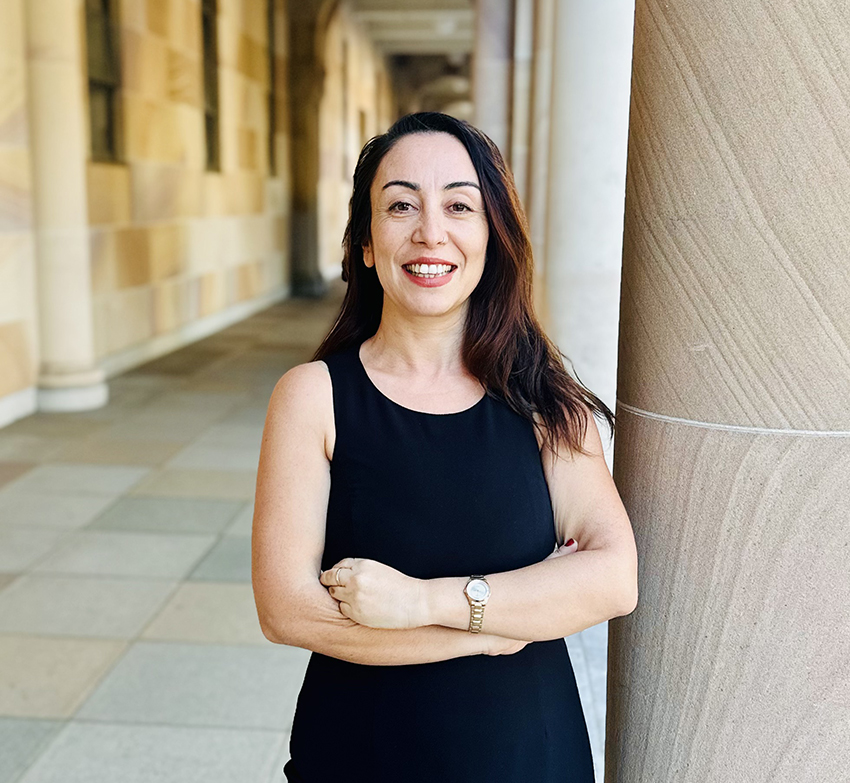Adapting the Novel for the Stage: A Translation Studies Perspective
Speaker:
 Dr Naciye Saglam is a visiting academic at the University of Queensland, School of Communication and Arts, with the post-doctoral research fellowship she received from TUBITAK (The Scientific and Technological Research Council of Turkey). Concurrently, she is an Assistant Professor at Fırat University, Turkey, Department of Translation and Interpreting Studies.
Dr Naciye Saglam is a visiting academic at the University of Queensland, School of Communication and Arts, with the post-doctoral research fellowship she received from TUBITAK (The Scientific and Technological Research Council of Turkey). Concurrently, she is an Assistant Professor at Fırat University, Turkey, Department of Translation and Interpreting Studies.
Being a scholar of Translation Studies, Dr Saglam’s expertise spans both theoretical and practical dimensions of translation, reflecting its interdisciplinary essence. She has published numerous articles and book chapters exploring adaptation, the sociology of translation, translation pedagogy, literary translation, and the hermeneutics of translation. She actively engages in translation practice, having translated two books by Luce Irigaray: To Be Born: Genesis of a New Human Being and Sharing the Fire: Outline of a Dialectics of Sensitivity into Turkish.
Abstract:
Stage adaptations of novels have provided valuable insights into the transformation of literary works into theatrical productions within the world of adaptation studies. However, an absence lies in the place of a crucial piece of the puzzle: the translatorial relationship between the novel and the stage adaptation. The emphasis placed on the observable outcomes of the final adaptation frequently obscures the processes involved, including the manner in which they occur and the underlying motivations guiding them.
The research offers an inquiry into the nature of novel-to-stage adaptations through a translation studies lens, tracing the intersemiotic translation of literary narratives into theatrical performance. At the heart of this examination is an interdisciplinary perspective that brings together translation studies with the dynamic field of theatre arts. By situating the study at this intersection, it offers a panoramic view that views translation not merely as a linguistic transposition but as a multifaceted re-creation that intersects with the theories of multimodality, adaptation studies, semiotics, and intermediality. Additionally, the study advocates for examining intersemiotic translation through a sociological lens, particularly through the application of Bourdieu’s analytical tools, which have been notably absent in current adaptation studies, especially those focusing on the intersemiotic aspects of translation.
By adopting Bourdieu’s “International Circulation” framework for stage adaptations, the research proposes to analyze the “intermedial circulation” of novel-to-stage adaptations as a form of intersemiotic translation. Through the integration of intersemiotic and translation sociology perspectives, it endeavors to offer a dual approach that bridges the gap between intersemiotic artistic transformation and external social dynamics shaping novel-to-stage adaptations.
